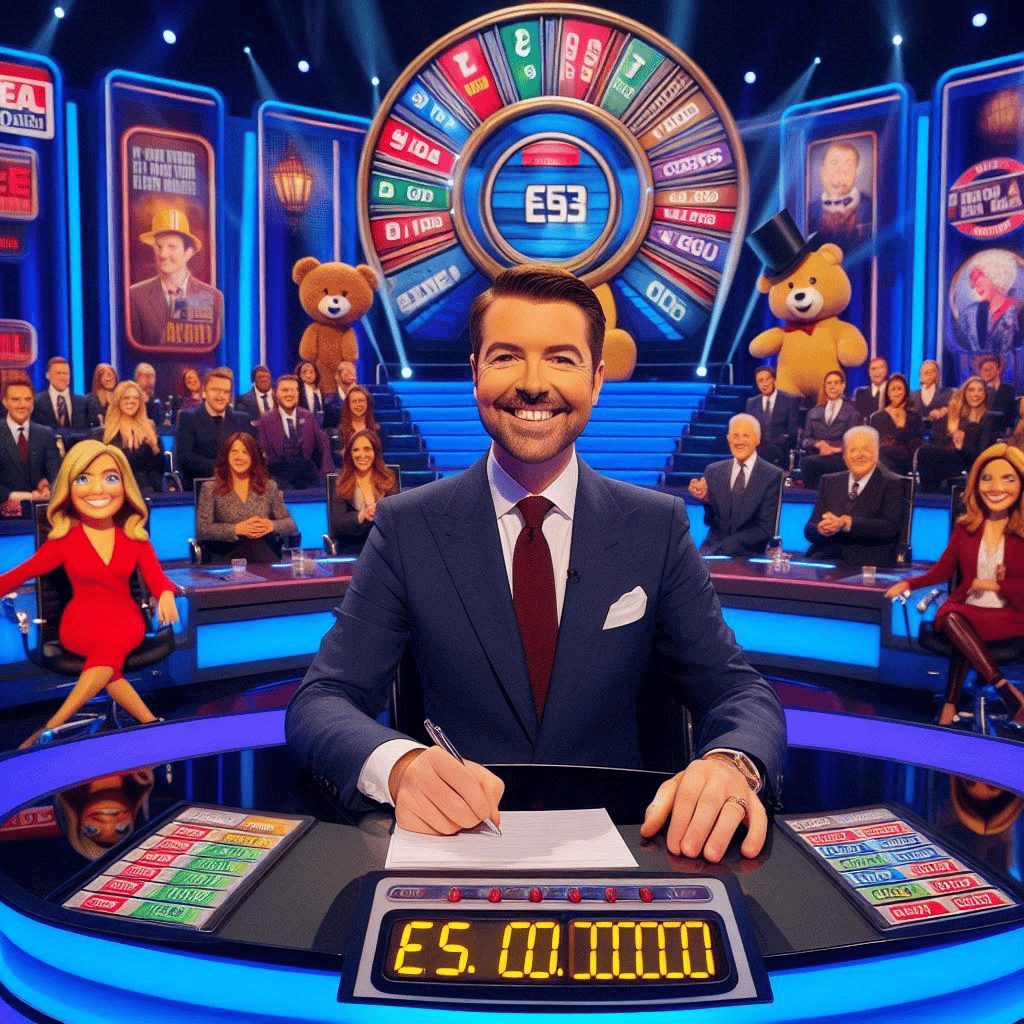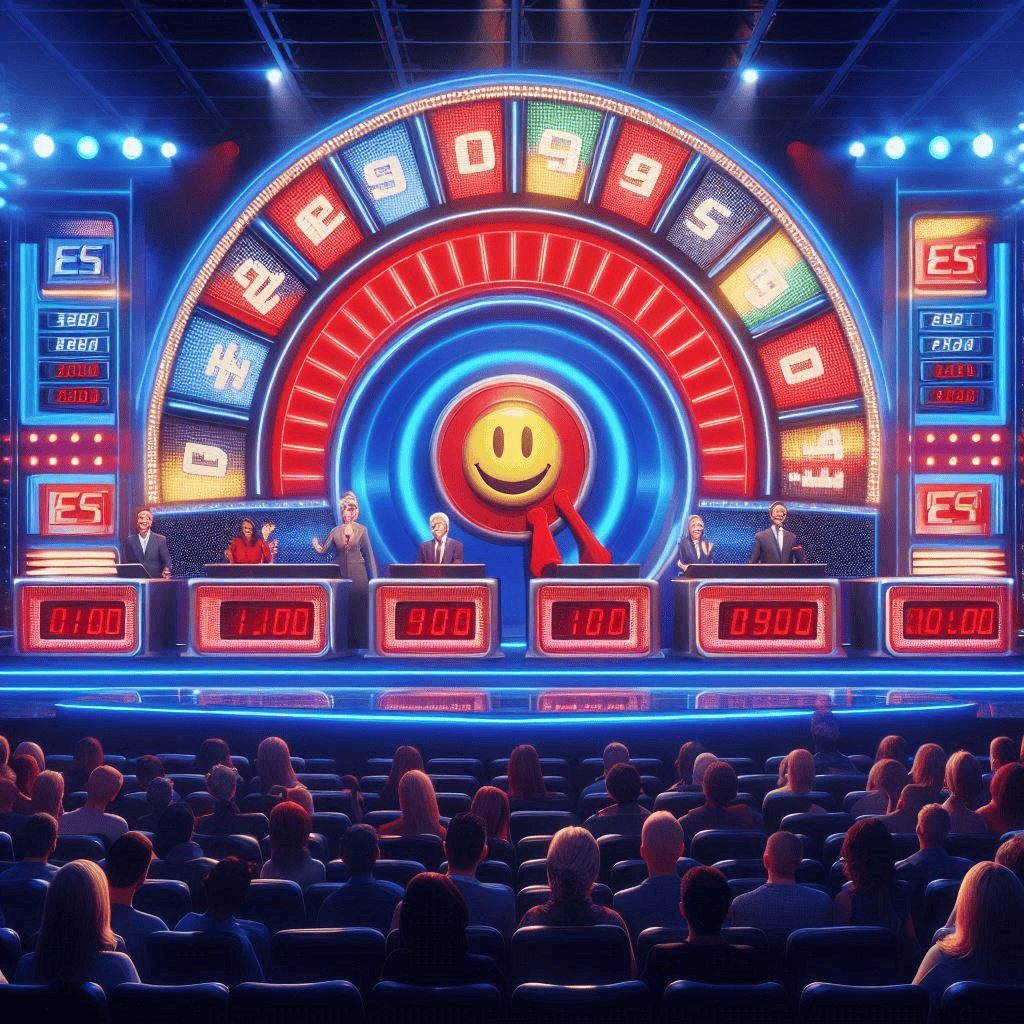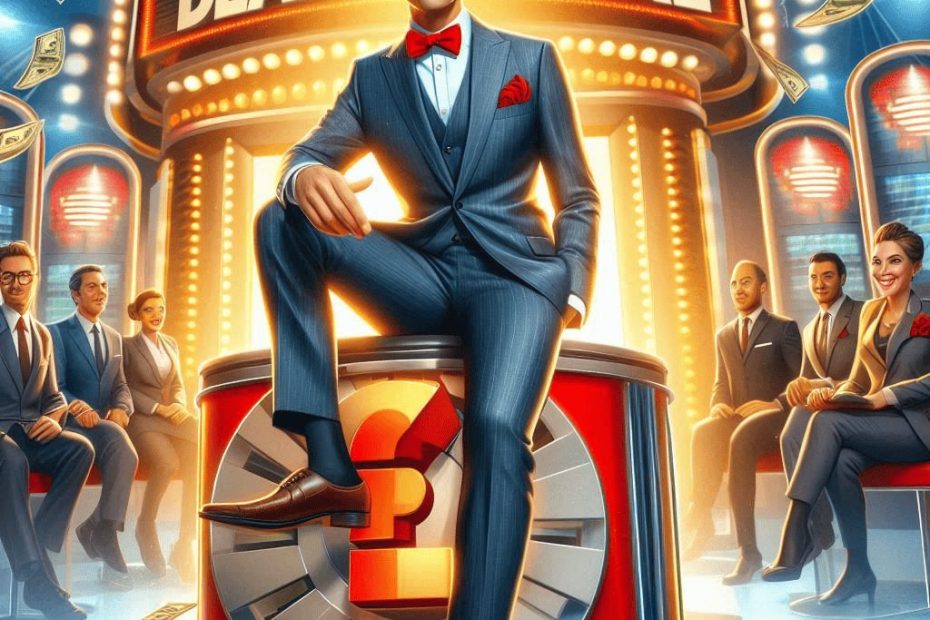Welcome to the thrilling world of Deal or No Deal, a game show that has captured the hearts of millions around the globe! With its blend of suspense, strategy, and the chance to win life-changing prizes, Deal or No Deal offers an electrifying experience for both contestants and viewers. This comprehensive guide will explore the history, mechanics, and strategies of the game, as well as its cultural impact and adaptations. Whether you’re a fan looking to reminisce or a newcomer eager to learn, this article will provide you with everything you need to know about this iconic show.
The Origins of Deal or No Deal
The Birth of the Concept
Deal or No Deal originated in the Netherlands, where it was created by television producer Endemol in 2000. The format quickly gained popularity, leading to adaptations in numerous countries, including the United States, the United Kingdom, and Australia. The show’s unique premise, where contestants must decide whether to accept a cash offer or risk it for the chance to win a larger prize, captivated audiences and became a cultural phenomenon.
International Adaptations
The success of Deal or No Deal spurred a variety of adaptations worldwide. Each version maintains the core elements of the game while incorporating local flair and cultural nuances. Notable adaptations include:
- United States: The American version debuted in 2003, hosted by Howie Mandel. It became one of the most popular game shows in television history.
- United Kingdom: The UK version launched in 2002 and was hosted by Noel Edmonds, becoming a prime-time favorite.
- Australia: The Australian adaptation aired in 2003, hosted by Andrew O’Keefe, and featured a mix of local contestants and international formats.
The Show’s Evolution
Over the years, Deal or No Deal has evolved to include various spin-offs and special editions, such as celebrity versions and themed episodes. The show’s adaptability has allowed it to remain relevant and engaging, drawing in new audiences while keeping long-time fans entertained.
How Deal or No Deal Works
The Game Format
At its core, Deal or No Deal revolves around a simple yet captivating format:
- Contestants: One contestant is selected to play the game, often chosen from a studio audience.
- Briefcases: The game features a set of briefcases, each containing a different cash amount. The amounts range from a small amount to a life-changing sum.
- The Banker: An unseen character known as “the Banker” makes offers to the contestant based on the remaining briefcases and their potential values.
Rounds of Play
The game is structured into several rounds:
- Choosing a Briefcase: The contestant selects one briefcase to keep, which is believed to hold their final prize.
- Opening Briefcases: The contestant opens a predetermined number of briefcases in each round. The amounts revealed affect the Banker’s offers.
- The Banker’s Offer: After each round, the Banker makes an offer based on the remaining amounts. The contestant must decide to accept the offer (“Deal”) or continue playing (“No Deal”).
Winning the Game
The game continues until the contestant either accepts a deal or opens all the briefcases. If they reach the final briefcase, they have the option to either keep the amount in their chosen briefcase or swap it with the last remaining unopened briefcase.


The Psychology of Deal or No Deal
The Thrill of Risk
One of the key elements that make Deal or No Deal so compelling is the psychological tension between risk and reward. Contestants face the dilemma of whether to trust their instincts or accept a guaranteed sum of money. This dynamic creates an engaging viewing experience, as audiences empathize with the contestant’s decision-making process.
The Role of Strategy
Contestants often employ various strategies to maximize their chances of winning:
- Statistical Analysis: Some players analyze the remaining amounts to calculate the expected value of their chosen briefcase versus the Banker’s offer.
- Emotional Factors: Emotions play a significant role in decision-making. Contestants may be swayed by their personal circumstances, family dynamics, or the energy of the audience.
Audience Engagement
The audience plays a crucial role in the show’s excitement. Their reactions, cheers, and gasps add to the atmosphere, creating a shared experience that enhances the drama of the game. Contestants often draw confidence from audience support, influencing their decisions.
Strategies for Contestants
Preparing for the Game
If you ever find yourself on the stage of Deal or No Deal, preparation is key:
- Research the Game: Familiarize yourself with the show’s mechanics and the various strategies employed by past contestants.
- Practice Decision-Making: Consider how you would handle high-pressure situations. Role-playing scenarios can help you build confidence.
Understanding Offers
Understanding the Banker’s offers is crucial for making informed decisions:
- Expected Value Calculation: Learn to calculate the expected value based on the remaining briefcases. This can help you determine whether the Banker’s offer is fair.
- Emotional Resilience: Be prepared to face emotions during the game. Practicing mindfulness techniques can help you maintain clarity in decision-making.
Knowing When to Walk Away
One of the most challenging aspects of the game is knowing when to accept the Banker’s deal:
- Set Personal Limits: Before the game, establish a minimum amount you’re willing to accept. This can help you stay grounded during the decision-making process.
- Trust Your Instincts: Sometimes, intuition can guide you better than calculations. Trust your gut feeling when making critical decisions.
The Cultural Impact of Deal or No Deal
A Global Phenomenon
Deal or No Deal has transcended its origins, becoming a global phenomenon that resonates with diverse audiences. Its universal themes of luck, risk, and strategy appeal to viewers from all walks of life.
Influence on Other Media
The success of Deal or No Deal has inspired countless other game shows and entertainment formats. Elements such as suspenseful decision-making and audience engagement have been incorporated into various television programs and online platforms.
Social Media and Viral Moments
In the era of social media, memorable moments from Deal or No Deal often go viral. Clips of contestants making bold decisions or experiencing dramatic reveals are shared widely, contributing to the show’s ongoing popularity and cultural relevance.
The Future of Deal or No Deal
Innovations in Gameplay
As technology advances, the potential for innovative gameplay experiences grows. Future adaptations of Deal or No Deal may incorporate augmented reality, interactive elements, or online participation.
Continued Global Reach
Deal or No Deal’s adaptability ensures its continued relevance. New international adaptations and themed versions can engage fresh audiences while retaining the core essence of the game.
Celebrating Milestones
As the show approaches significant anniversaries, special events and celebrity editions may be organized to celebrate its legacy and impact on popular culture.
Conclusion
Deal or No Deal is more than just a game show; it’s a captivating experience that combines strategy, suspense, and emotional highs and lows. Its unique format and engaging gameplay have made it a beloved staple in the world of entertainment. By understanding the mechanics, exploring strategies, and appreciating its cultural impact, both contestants and fans can fully embrace the thrill of the game.
Whether you’re watching from home or dreaming of stepping onto the stage, the excitement of Deal or No Deal continues to captivate audiences around the world. So, are you ready to make your choice—Deal or No Deal?
FAQs
-
What is Deal or No Deal?
Deal or No Deal is a game show where contestants choose briefcases containing different cash amounts and decide whether to accept offers from an unseen Banker or risk it for a chance at larger prizes.
-
How does scoring work in the game?
There is no traditional scoring in Deal or No Deal. Instead, contestants aim to maximize their winnings by choosing whether to accept the Banker’s offers or continue opening briefcases to reveal their contents.
-
Can the game be played online?
Yes, many adaptations of Deal or No Deal are available online, allowing players to experience the game through interactive platforms and apps.
-
What strategies can contestants use?
Contestants can use strategies such as calculating the expected value of remaining briefcases, managing emotions, and setting personal limits on the minimum amount they are willing to accept.
-
Has Deal or No Deal won any awards?
Yes, Deal or No Deal has received numerous awards and nominations for its innovative format and popularity, including Emmy Awards and recognition from various entertainment organizations.
